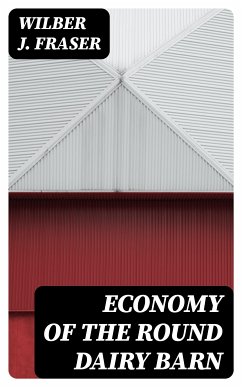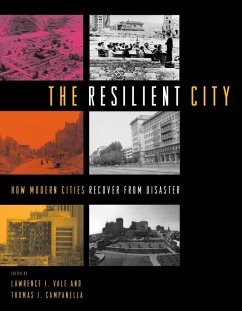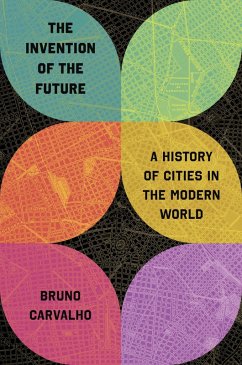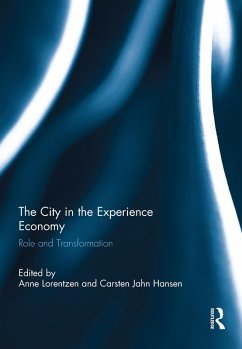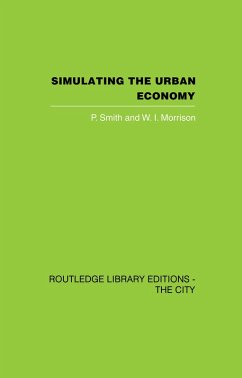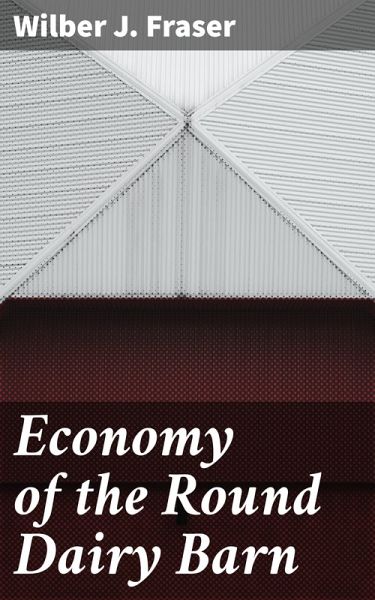
Economy of the Round Dairy Barn (eBook, ePUB)
Unveiling the Economic Advantages of Circular Dairy Barns
Versandkostenfrei!
Sofort per Download lieferbar
0,49 €
inkl. MwSt.
Weitere Ausgaben:

PAYBACK Punkte
0 °P sammeln!
In "Economy of the Round Dairy Barn," Wilber J. Fraser provides a comprehensive exploration of architectural innovation in agricultural practices, specifically focusing on the round dairy barn design that gained prominence in the early 20th century. Fraser's unique blend of narrative and technical analysis transcends mere architectural discourse, reflecting the broader socio-economic contexts that motivated these agricultural transformations. The book is meticulously researched, employing a variety of primary sources and case studies to elucidate not only the engineering marvels inherent in ro...
In "Economy of the Round Dairy Barn," Wilber J. Fraser provides a comprehensive exploration of architectural innovation in agricultural practices, specifically focusing on the round dairy barn design that gained prominence in the early 20th century. Fraser's unique blend of narrative and technical analysis transcends mere architectural discourse, reflecting the broader socio-economic contexts that motivated these agricultural transformations. The book is meticulously researched, employing a variety of primary sources and case studies to elucidate not only the engineering marvels inherent in round barns but also their impact on dairy farming efficiency and community identity in rural America. Fraser, a longstanding advocate for sustainable farming practices and an expert in agricultural history, draws from his extensive background in rural sociology and his personal experiences in farming. His passion for understanding how architecture can influence agricultural productivity and farm economies flavors his writing, making the subject accessible to both scholars and practitioners alike. This knowledge, augmented by his academic ventures, instills a sense of urgency in re-evaluating traditional agricultural infrastructure for future sustainability. "Economy of the Round Dairy Barn" is an essential read for historians, architects, and farmers alike. By intertwining historical analysis with practical implications, Fraser not only preserves the legacy of this architectural form but also challenges contemporary readers to consider how design influences agricultural practice. It is a pivotal work for anyone interested in the intersections of architecture, economy, and rural life.
Dieser Download kann aus rechtlichen Gründen nur mit Rechnungsadresse in A, B, BG, CY, CZ, D, DK, EW, E, FIN, F, GR, H, IRL, I, LT, L, LR, M, NL, PL, P, R, S, SLO, SK ausgeliefert werden.




